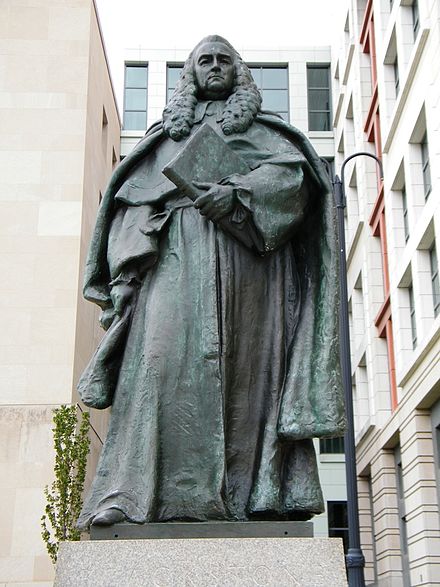Reflections on Orwell
Author: David Duffy
A little while ago, I chaired a talk on George Orwell and his significance in the year 2021.
“Orwellian” is now part of our language and cultural hemisphere.
In my vote of thanks, I quoted the early 19th century Russian monk Pechorin in his letter to Alexander Herzen, the famous political emigre of those times. The letter reads:- “The material civilisation of the future will lead to a tyranny over the human spirit from which there will be no shelter anywhere”.
This is mentioned by the philosopher Nicholas (Nikolai) Berdyaev in his book “The Russian Idea” published in 1947. It elicited no response from our brilliant audience.
It is wickedly ironical that the Russians who have always been the best European exponents of tyranny and who well and truly excelled themselves after 1917, have also produced some of the world’s greatest champions of liberty and conscience without fear. They have a hunger for the freedom which they have had so little of. When Solzhenitsyn’s first novel “One Day in the Life of Ivan Denisovich” came out in 1962 people stood in long queues waiting to purchase the book. This is an unknown phenomena in our free and liberal West. No bookshop would have that kind of patronage.
Conversely, the English-speaking nations, which have always been the heartland of freedom and individuality, are being strangled by an insidious form of political correctness which is seeping like swamp gas, into every arena where opinions and ideas are expressed.
Education, the media, journalism, entertainment, government, and even the churches.
This is a procedure which the late George Orwell would have understood only too well. He predicted its end product in the book “1984”.
This whole concept of totalitarian mind control has fascinated two generations of Western intellectuals. They have been like the rabbit mesmerised by the snake, fascinated by their own impending doom.
Perhaps it is now time to break the spell and cast the legions of politically correct leftism right out of public life and into oblivion.
David Duffy



